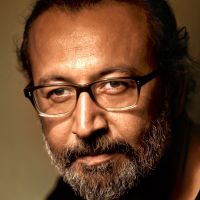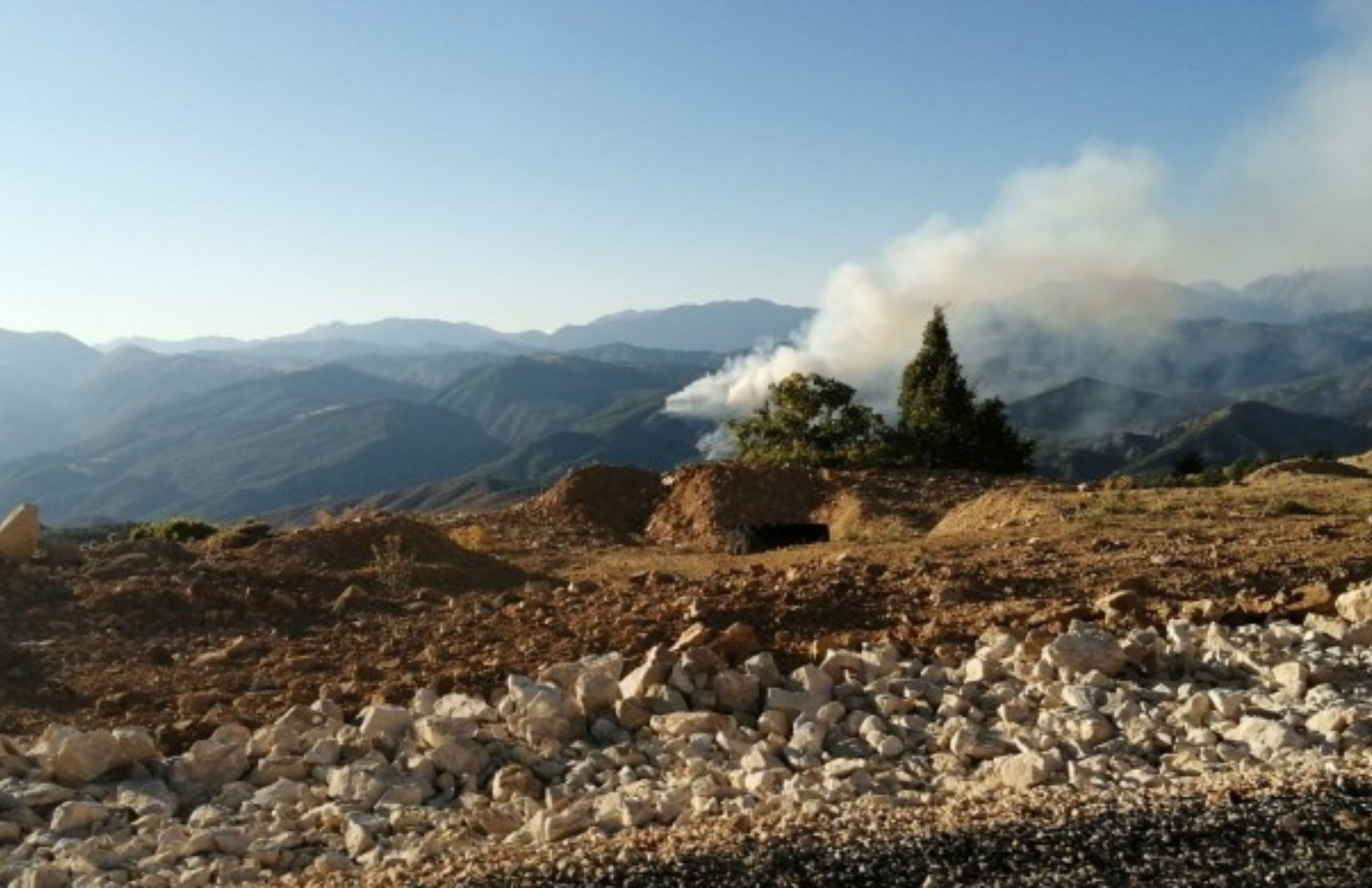Basha Mika from the Tagesszeitung newspaper, Il Manifesto's Orsola Casagrande and Mustafa Kara from the Evrensel gave examples of their own experiences in the panel.
Casagrande: We sold name rights to readers for 'independence'
Orsola Casagrande from the Il Manifesto newspaper published in Italy said the journal had been set up 35 years ago in 1969 by militants who broke off from the Communist Party.
Explaining that they were a cooperative initiative, Casagrande said all of the workers at the newspaper were also held ownership to it but that this brought its own problems.
Casagrande said they had invented a number of methods to collect money in order to retain the independence of the newspaper and cited the selling of the name right of the newspaper to its readership as being one of these.
Saying that people believed they were not being sufficiently represented and were fed up with being a part of the bottleneck in the existing system, Casagrande noted that the single most important condition of independent communication was a horizontal communication.
Mika: Not too distant from mainstream media
Basha Mika, Chief Editor of the Tagesszeitung newspaper published in Germany said her paper had started its existence in 1979 as a journal reflecting public opinion against the bourgeoisie.
Noting that in that period it was not possible to talk about press freedoms in Federal Germany, Mika recalled that the Red Brigades had been reason for a ban on the press but that despite this the social movement itself was strong and Tagesszeitung had since been the publication of this independent environment.
"We don't have a chief, we don't have a hierarchy" said Mika, noting that they had a horizontal hierarchy in the paper which consisted of seven participants.
Describing Tagesszeitung as a newspaper to the left, "entertaining and thought provoking" Mika said "we need to be better journalists and very good economists without distancing ourselves too much from the mainstream media and to hit the market with their own weapons".
Kara: Journalism based on labor
Mustafa Kara, an editor of the Turkish Evrensel newspaper, said his journal was "the product of the working class' struggle with the bourgeoisie".
Noting that Evrensel had started its publishing life in 1995 in conditions where labor and the working class had been outcast, Kara said independence meant "being independent from the ruling powers" for them. He said this not only meant the government, but all power circles.
Kara said Evrensel followed a news policy that showed labor and was on the side of the needs of labor and gave as example the mainstream media coverage of the "world's largest ship constructed in Tuzla", Turkey's main dock and shipbuilding area. He said his newspaper not only covered this but also covered the workplace accidents that had affected workers as well as violations of the right to organize.
Kara added that other than the 40-50 people working at the newspaper, they were trying to create a process that encompassed the whole readership and concluded, "we have to imagine more mainstream instruments such as having television stations". (KO/II/TK)





